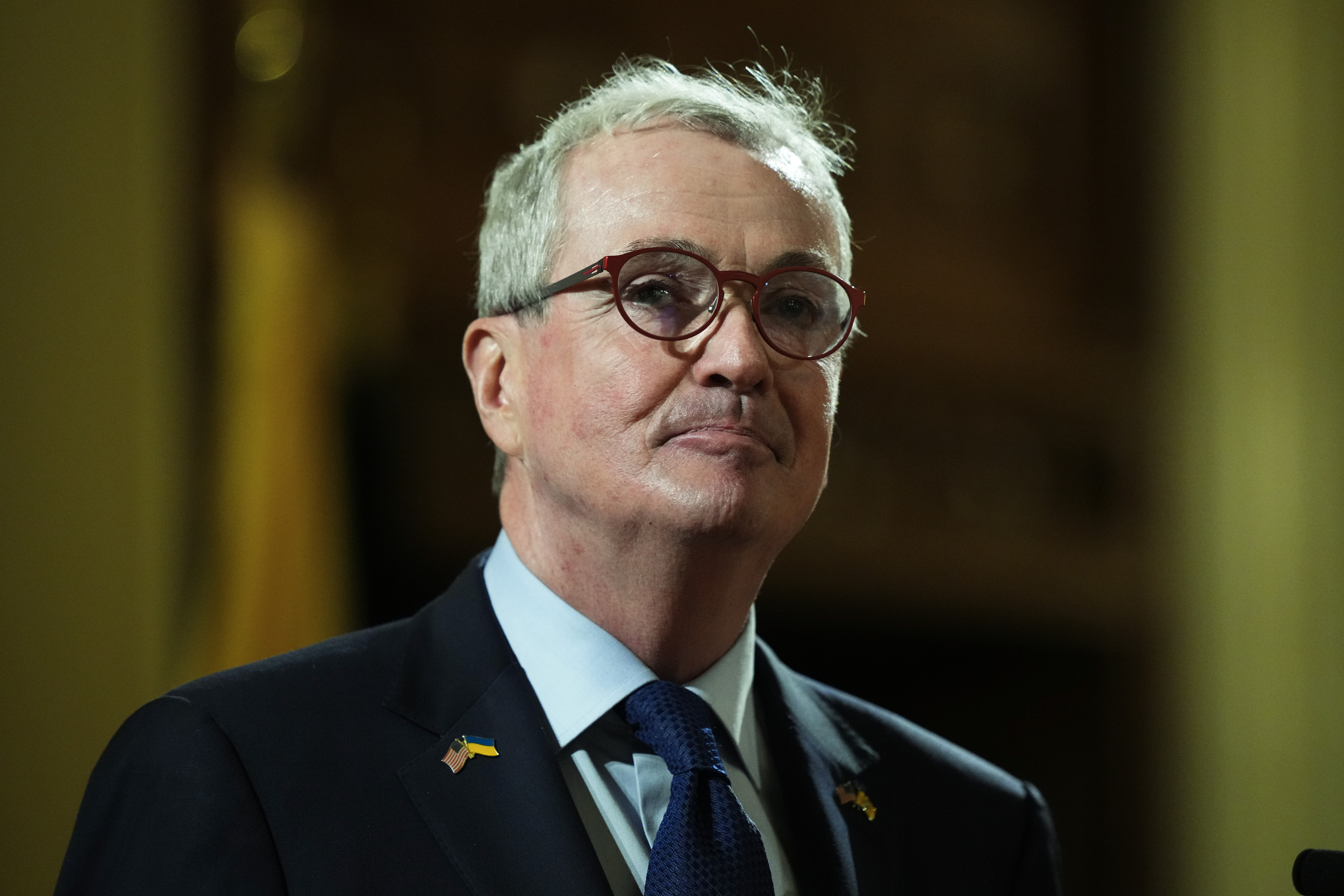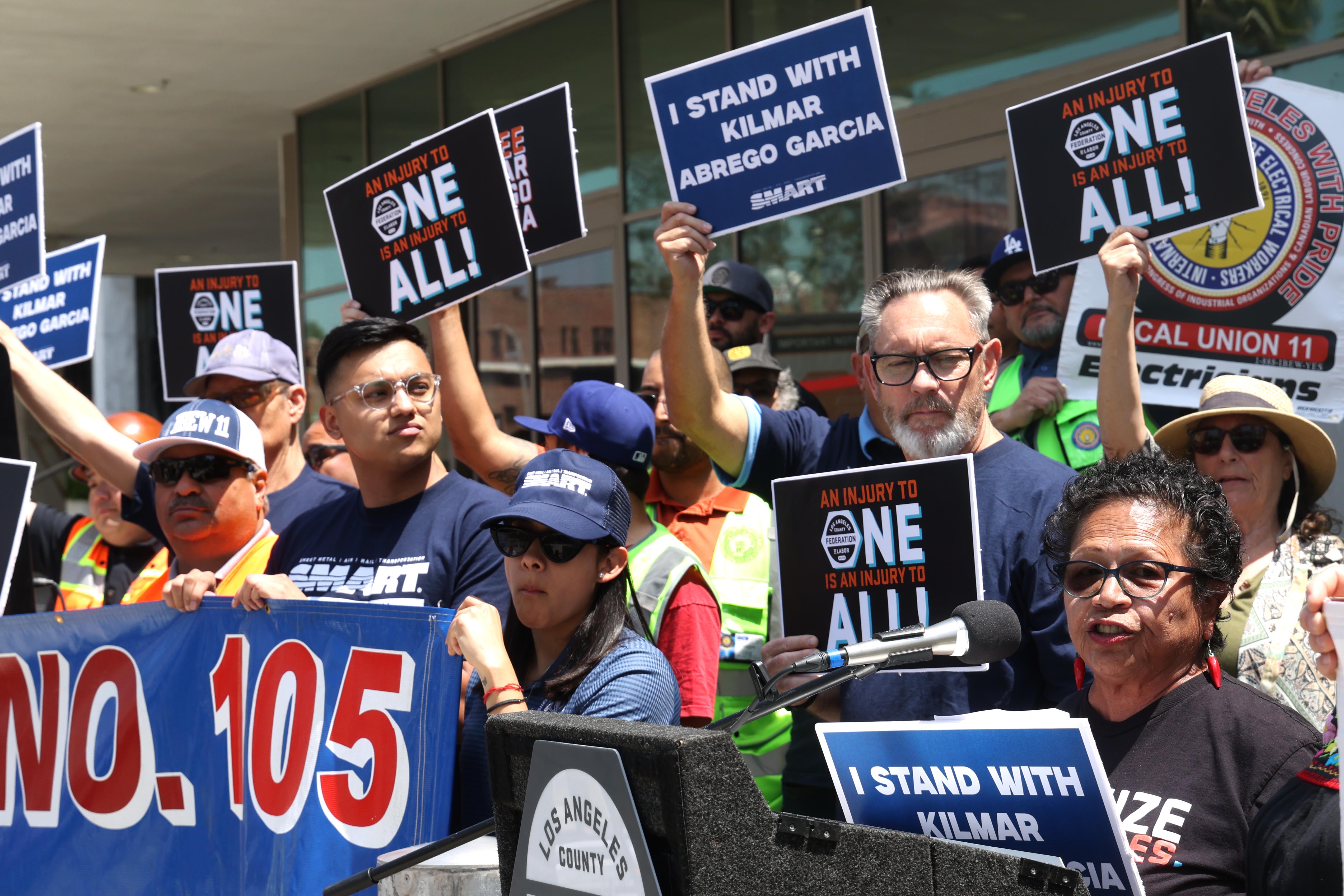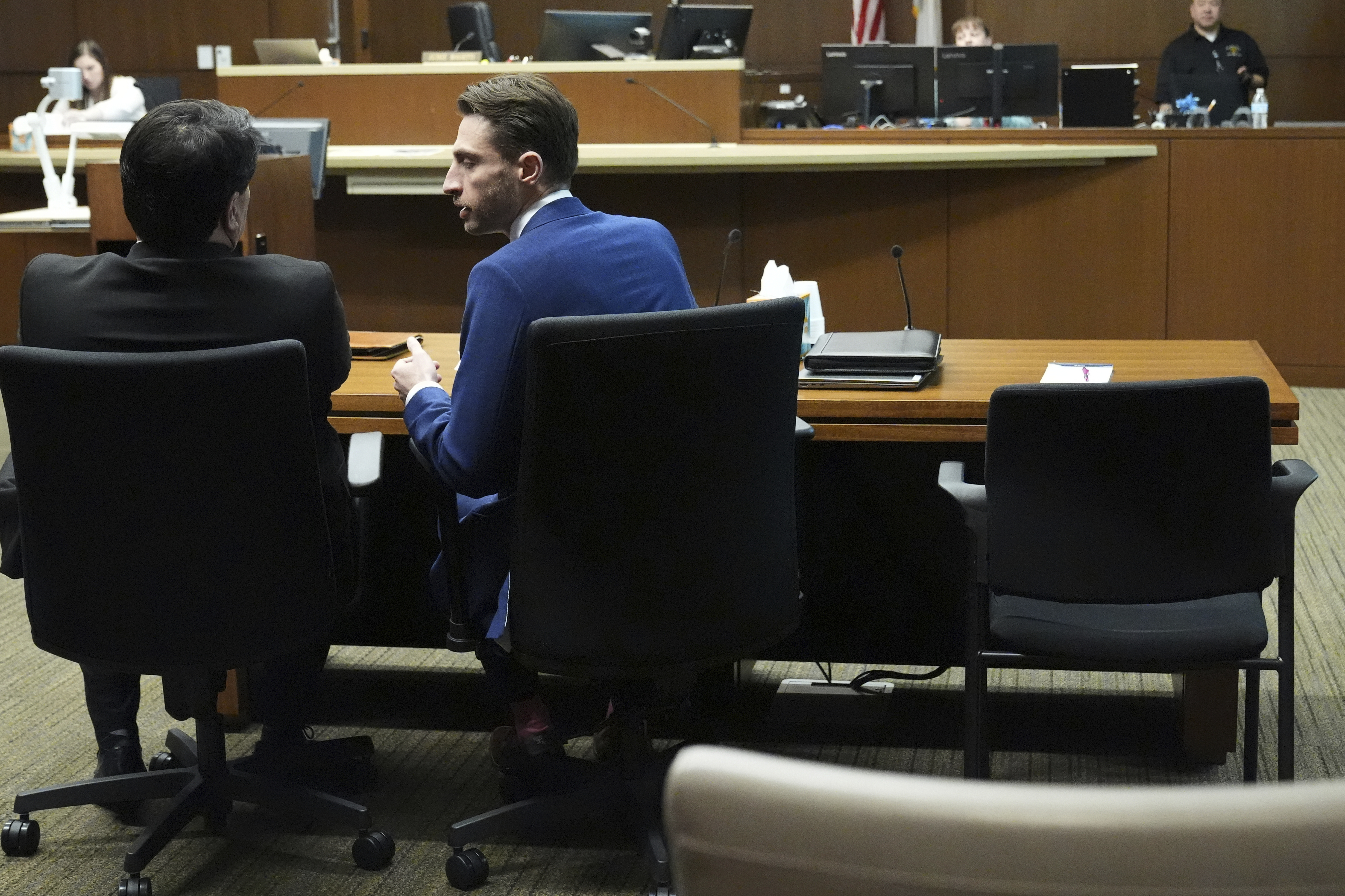Sundar Pichai's Mantra: Handle Work Pressure Like a CEO
Google CEO's Student Mantra: Conquer Work Pressure!
Introduction
Imagine running a company worth almost $2 trillion! The pressure must be immense, right? According to Alphabet and Google CEO Sundar Pichai, it certainly is. He's constantly faced with high-stakes decisions and complex problems. So, how does he cope? Turns out, he relies on a simple mantra he learned way back in his student days. Curious to know what it is? Let's dive in!
The Two-Part Secret to Pichai's Success
Pichai revealed his coping mechanism at a Stanford Business School event in April 2022. It's a two-part philosophy that helps him navigate the daily stresses of his role. What is this powerful mantra? It's surprisingly simple, yet profoundly effective.
Decision Over Delay: Part One
The first part is this: Making any decision is better than wasting time ruminating on the options. Think about it. How often do we get stuck in analysis paralysis, weighing pros and cons endlessly, until the opportunity passes us by? Pichai argues that decisive action, even if imperfect, is preferable to inaction.
Embrace Learning: Part Two
The second part? Most choices aren't permanent, and you can learn from your mistakes if you make one. This is about embracing the idea of failure as a learning opportunity. It's about understanding that even the best of us make mistakes, and that those mistakes can be valuable teachers.
Applying the Mantra at Google
How does Pichai put this mantra into practice? He explains that when his team is divided on a solution, he actively pushes to choose one option efficiently. The alternative, as he points out, is letting the pressure get to you, which can significantly slow down the team.
Why This Mantra Works: A Psychological Perspective
This mantra isn't just a catchy phrase; it's grounded in sound psychological principles. Let's explore why it's so effective.
Combating Analysis Paralysis
Analysis paralysis is a real phenomenon. It's when overthinking leads to inaction. Pichai's mantra directly combats this by encouraging quick decision-making, even with incomplete information.
Reducing Cognitive Load
Constantly weighing options can be mentally exhausting. By prioritizing decision-making, Pichai reduces cognitive load, freeing up mental resources for other important tasks. Think of it like decluttering your brain!
Promoting a Growth Mindset
The second part of the mantra fosters a growth mindset. It encourages viewing mistakes as opportunities for learning and improvement, rather than as signs of failure. This mindset is crucial for resilience and adaptability.
The Power of Decisiveness: Leadership in Action
Decisiveness is a key trait of effective leaders. It inspires confidence, builds momentum, and drives progress. Pichai's mantra embodies this principle, allowing him to lead Google with clarity and purpose.
Beyond the Boardroom: Applying the Mantra in Everyday Life
This mantra isn't just for CEOs. It's a valuable tool for anyone facing challenging decisions or dealing with pressure. How can you apply it in your own life?
Personal Decisions
Struggling to choose between two job offers? Overwhelmed by investment options? Remember Pichai's mantra. Make a decision, learn from the outcome, and move forward.
Relationships
Unsure how to address a conflict with a friend or family member? Avoid overthinking and choose a course of action. Even if it's not perfect, you can learn and adjust your approach.
Creative Pursuits
Feeling stuck on a creative project? Don't get bogged down in perfectionism. Make a decision about the direction you want to take, experiment, and iterate based on your results.
The Downsides of Indecision: What Happens When You Wait
While rapid decision-making is important, it's crucial to understand the possible pitfalls of indecision. What happens when you stall and fail to act?
Missed Opportunities
In a fast-paced world, opportunities can vanish quickly. Indecision can lead to missed deadlines, lost clients, and ultimately, a failure to capitalize on potential gains. Is that a risk you want to take?
Increased Stress and Anxiety
Constant rumination creates stress and anxiety. As you continue to think through the many outcomes, you end up exhausted and possibly even more conflicted than you were originally.
Damaged Reputation
Indecisiveness can damage your reputation. Your clients might begin to think you are unreliable, resulting in a loss of business.
Balancing Speed and Thoroughness: Finding the Right Approach
While Pichai emphasizes the importance of quick decision-making, it's essential to strike a balance between speed and thoroughness. How do you ensure you're making informed decisions without getting stuck in analysis paralysis?
Gather Relevant Information
Before making a decision, gather the necessary information. It isn't about making impulsive decisions, but instead, making informed decisions. What are the facts involved? What are your options?
Set Time Limits
To avoid overthinking, set time limits for decision-making. Give yourself a deadline and stick to it.
Seek Input from Others
Don't be afraid to seek input from trusted colleagues or mentors. A fresh perspective can help you see things you might have missed.
Learning from Mistakes: The Key to Continuous Improvement
The second part of Pichai's mantra is all about embracing mistakes. But how do you effectively learn from them? What steps can you take to turn failures into valuable lessons?
Analyze What Went Wrong
Take the time to analyze what went wrong. What factors contributed to the mistake? What could you have done differently?
Identify Patterns
Look for patterns in your mistakes. Are you making the same types of errors repeatedly? Identifying patterns can help you address underlying issues.
Implement Changes
Use what you've learned to implement changes in your approach. Adjust your strategies, refine your processes, and avoid repeating the same mistakes.
The Role of Intuition: When to Trust Your Gut
While data and analysis are important, sometimes you need to trust your intuition. When is it appropriate to rely on your gut feeling?
When Time is Limited
In situations where time is limited, intuition can be a valuable tool. If you don't have time to analyze all the data, trust your instincts and make a quick decision.
When Dealing with Uncertainty
In situations with high levels of uncertainty, intuition can help you navigate the unknown. Sometimes, you just have to go with your gut.
Conclusion
Sundar Pichai's simple two-part mantra – making any decision is better than wasting time ruminating, and most choices aren't permanent – offers a powerful framework for coping with pressure and making effective decisions. By embracing decisiveness and viewing mistakes as learning opportunities, we can all navigate challenges with greater confidence and achieve continuous improvement. It's a reminder that even the simplest principles can have a profound impact on our lives and careers.
Frequently Asked Questions
Here are some frequently asked questions about Sundar Pichai's mantra and how it can be applied.
Q: What if I make the wrong decision?
A: Making the wrong decision is inevitable. The key is to learn from your mistakes. Analyze what went wrong, identify patterns, and adjust your approach accordingly.
Q: How can I overcome analysis paralysis?
A: Set time limits for decision-making, gather relevant information, and seek input from others. Remember, inaction can be more costly than making a less-than-perfect decision.
Q: Is this mantra suitable for all types of decisions?
A: While the core principles are broadly applicable, the approach may need to be adapted depending on the specific situation. High-stakes decisions may require more thorough analysis than everyday choices.
Q: How do I build confidence in my decision-making abilities?
A: Start with small decisions and gradually work your way up to more complex ones. Track your results, learn from your experiences, and celebrate your successes.
Q: Can this mantra help with stress management?
A: Yes, by promoting decisive action and reducing cognitive load, this mantra can help reduce stress and anxiety associated with decision-making.








